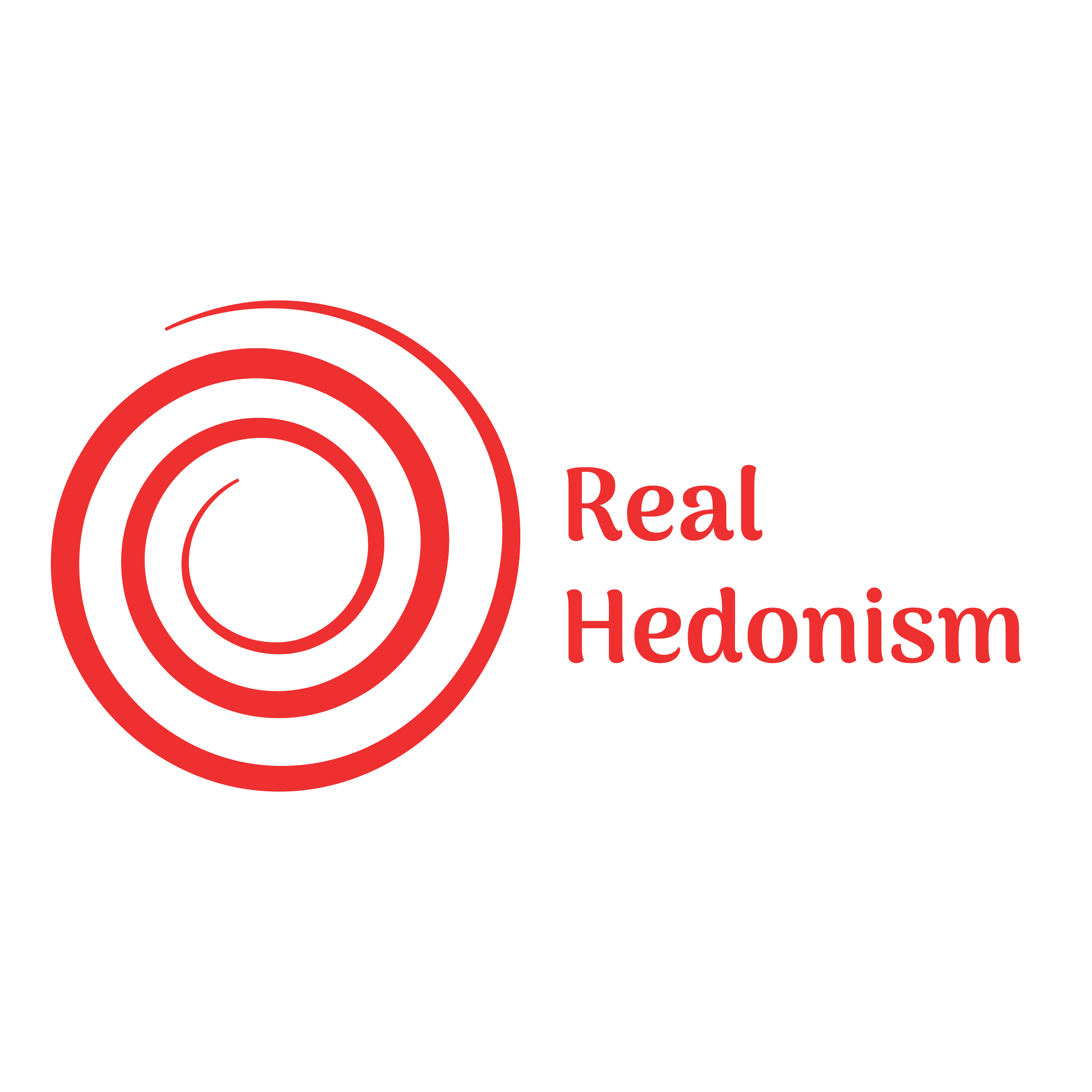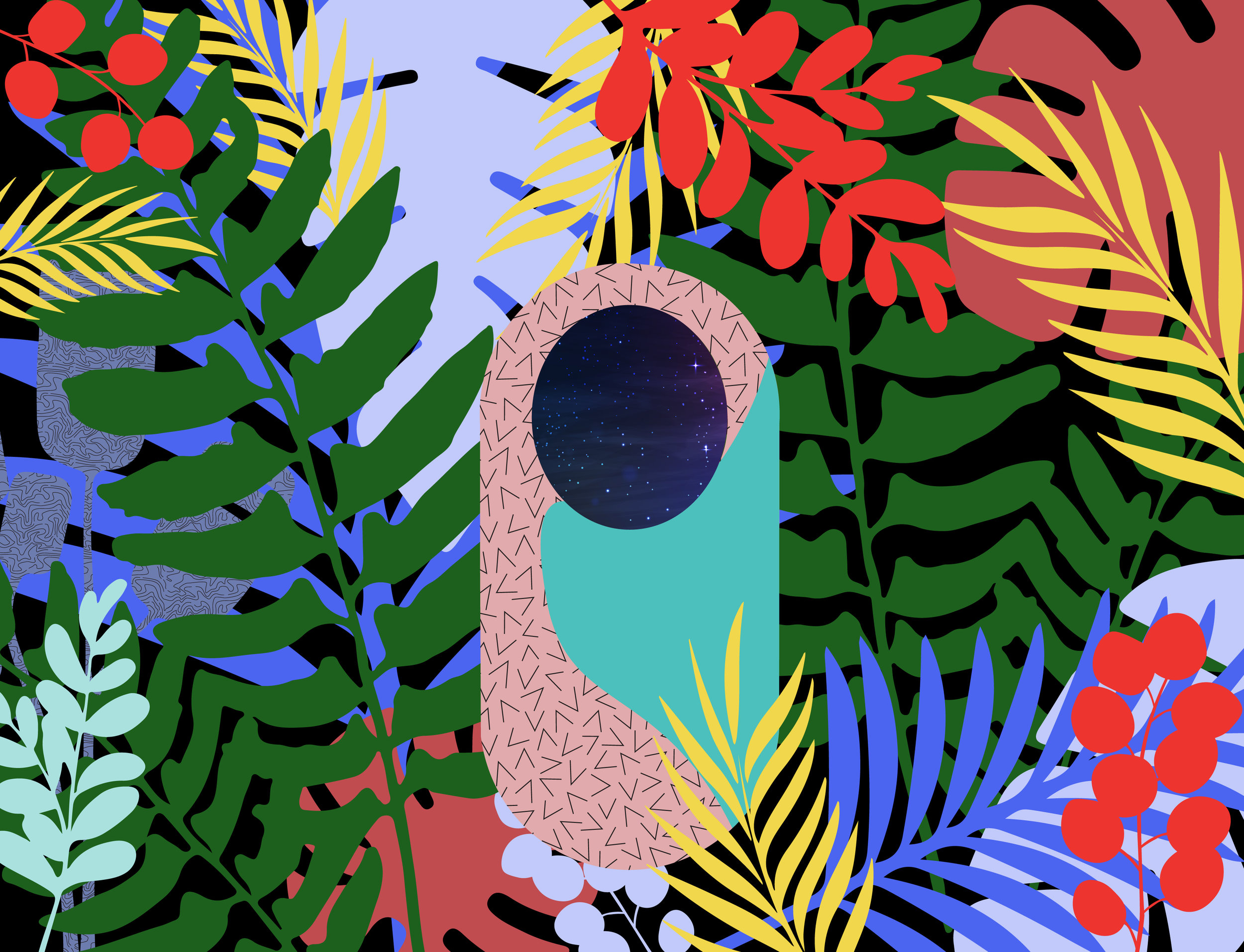Baby Hedonism
We are All Born Hedonists
Not very wise or powerful hedonists, but hedonists nonetheless. In the beginning it’s less a devotion to pleasure as much as a clinging to it. Hedonists by default rather than by discipline.
There are many things we take for granted or think of as inherently human that babies simply don’t have because they lack life experience. Until about eighteen months, most babies don’t recognize themselves when they look in a mirror. We aren’t born with a sense of self awareness.
Infants also don’t have a sense of object permanence, which is why the game ‘peek-a-boo’ works. When a mother covers her face and the baby starts to get upset or confused, it is because the baby actually doesn’t know where its mother went. Object permanence is a learned cognitive function. Language is learned. The meanings of different facial expressions are learned. Nearly all of the things we think of as distinctly human are developed and learned after a baby is born.
Of all of the things that we pick up along the way, there is one thing that humans have to come prepackaged with: a sense for pleasure and pain.
During the first many months of life, humans are completely helpless. This is especially true when you compare us to other animals. A giraffe can drop out of its mom and start running from predators in a matter of moments. Monkeys hold onto their mothers while they climb and swing from trees. Human babies can’t even hold their heads up. Despite their general helplessness, there is one very underappreciated skill that babies come equipped with to help them survive: crying.
Babies cry because it lets their parents know that something is wrong. Often it’s because a need isn’t being met- it needs to be fed, needs to be held. Other times it’s because there is a problem, as simple as a gas buildup or as dangerous as organ failure. Either way, it’s clear that from day one a baby is fully aware of what it is like to feel good or to feel bad. Without this awareness and the ability to cry about it, parents would be almost as helpless in keeping their baby alive as the baby is in keeping itself alive.
The Sense for Pleasure and Pain
The ability to identify pleasure and pain is not only critical for infants. Real Hedonists use this sense for pleasure and pain as our ultimate guide for what is good in life. We call this sense “the hedo,” because saying ‘the pleasure sense’ is incomplete, and saying ‘the sense for pleasure and pain’ seems unnecessarily cumbersome.
We think of the hedo as a compass. Much like a Christian refers back to the Bible or a Muslim to the Quran, a Hedonist uses the hedo as a tool for decision making. Tuning into the hedo helps people become more conscious about the root causes of their feelings, allowing them to increase their devotion to pleasure. A Real Hedonist relies on having an intimate relationship with their hedo in order to get the most out of life.
The least conscious form of Hedonism is exactly how babies seem to experience the world: good or bad stimulus followed by knee-jerk reactions.
This state of baby Hedonism is just a strong awareness of the hedo without the other practices that support devotion to pleasure. Due to the current shit-storm that is our society, many of us learn to deaden or ignore the hedo, but we are all born with it, and it can never be completely erased from us.
Our Hedonist Genes
The universality of the hedo in humans is not the only reason the hedo feels intrinsically important. There is an idea being passed around the world of biology right now that came from the world of computer science. Many people, particularly because of a greater awareness of genetics, think that all biological organisms are a set of algorithms (an algorithm simply being instructions used to solve a problem). The reason that the hedo is so important is that it’s a core part of our basic evolutionary algorithm, and has enabled our continued survival as a species.
Evolution has left us with two prime biological directives- survive and reproduce. These are the problems that our hedo helps algorithmically solve. A feeling of pain tells us that we are experiencing something that may decrease our chances of survival, while pleasure suggests the opposite.
Pain repels us, pleasure attracts, and they both do so quite effectively, thereby helping us navigate a world full of danger and opportunity. It might be silly to imagine, but without the hedo, we would have no way to discern good from bad, and all of our decisions would be effectively random.
We are born with the hedo and not much else. We only survive because of the relationships we have with the people around us, and our own relationship with our hedo. Real Hedonists use the hedo as a tool for decision making because it’s the only one that’s natural to our species.
The Real Hedonist way of life feels deeply supported by the evolutionary algorithm, and if that isn’t spiritual, we’re not sure what is.

